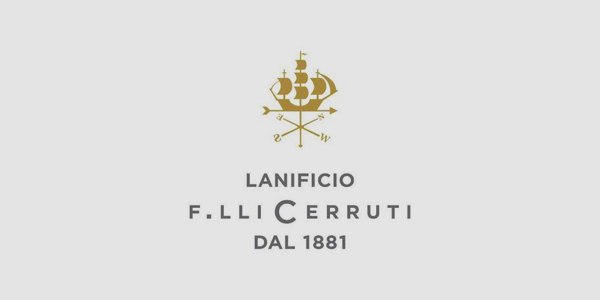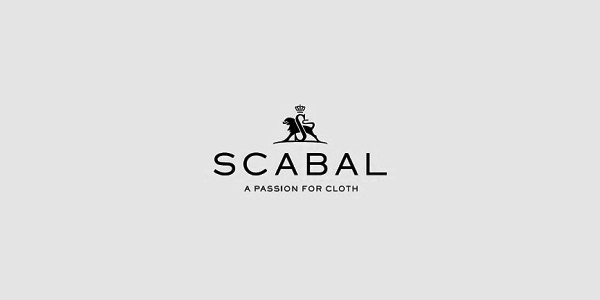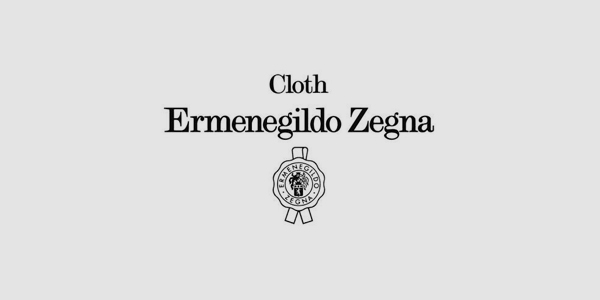trust is what
makes us partners
NASER seeks to be more organic and using renewable energy.
NASER sustainability is always considering crucial key points that have an impact on our planet such as deforestation, water use, soil erosion, and energy use.
The Zegna Wool Mill
Our Suppliers Wool Mill founded in 1910, has been the backbone of the company’s success and is renowned internationally for the world’s finest textiles. Four generations have led the success in textiles, through innovation, carefully balancing science with nature and craftsmanship with technology.
The complete production process is carried out by our suppliers – from raw material selection to finishing. Commitment to quality and the use of modern technology to back up artisan craftsmanship is the living tradition linking past, present and future.
Over the last hundred years, they has pioneered sophisticated men’s fabrics to become lighter, softer, more refined and with an improved performance and functionality. Consequently, new fabric standards have been set and new construction methods have emerged in the luxury men’s tailoring and casual industries.
Our premium partners



Collaborations
Our future partners and collaborators are integral to helping us fulfill our mission. Here are the NGOs and industry organizations that we will work with to create beautiful, modern fashion that’s fit for the future.
NASER seeks to be more organic and using renewable energy. NASER sustainability is always considering crucial key points that have an impact on our planet such as deforestation, water use, soil erosion, and energy use.
In fact, textile manufacturing has a big environmental footprint, it polluted around 200 tons of water per ton of fabric using many harmful chemicals and consuming enormous amount of energy steam and hot water. We can reduce the percentage use of water and the use of energy.
In fact, textile manufacturing has a big environmental footprint, it polluted around 200 tons of water per ton of fabric using many harmful chemicals and consuming enormous amount of energy steam and hot water. We can reduce the percentage use of water and the use of energy.
Our textiles don't necessarily need to be 100% organic to use organic label. A more general term is organic textiles, which includes apparel. The technical requirements in terms of certification and origin generally remain same for organic clothing and organic textiles.
Resourcing is the key in our company's vision and its business model especially being able to support our company at initiating agreements in the developing countries especially if we find ways to manufacture over there.
Resourcing is the key in our company's vision and its business model especially being able to support our company at initiating agreements in the developing countries especially if we find ways to manufacture over there.